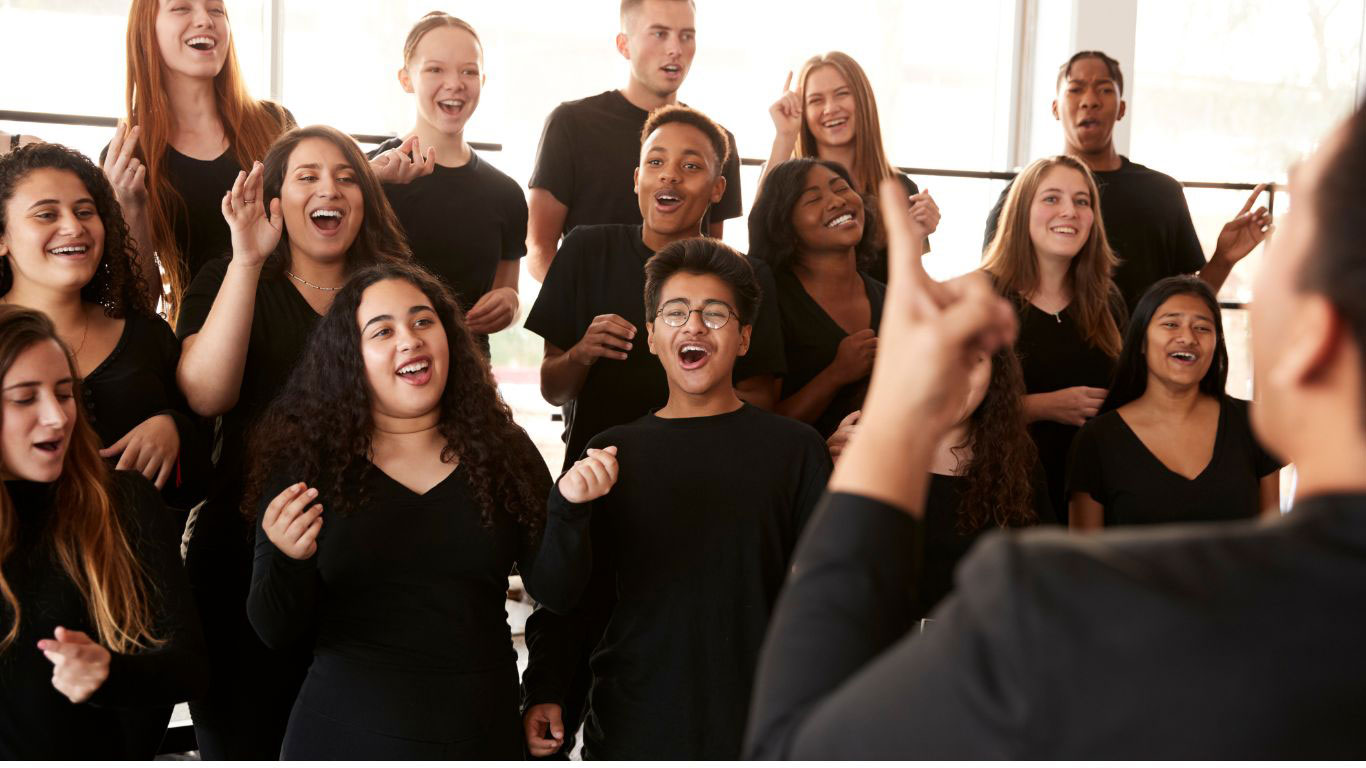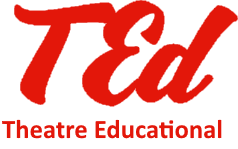
2022 short course participant Katy Edmunds discusses her thinking on barriers to inclusion.
Before joining the IC programme my relevant working practice had been around understanding barriers for participation in Carnival and Outdoor Arts as part of a two-year Action Research Project for National dissemination.
Sadly, throughout that journey, in the midst of a pandemic, I lost my voice. Not literally, but for a range of reasons which I attributed to a loss of confidence, self-esteem, and ultimately a lack of experience as a leader of Inclusive Practice. I didn’t feel that I was well versed enough, I was lacking experience in the correct terminology and over time was consumed by a feeling, which convinced me, that my contribution was not valid. I also fear and reflect that, in the culmination and evaluation of my work, professionally, I played it safe*.
Fast forward to the Clore Leadership Inclusive Cultures programme, a leap of faith to revisit some of the anguish I had felt professionally, and the hope and underlying belief that to truly care enough about change, with a plan to take steps forward, was a good place to start… or in my case re-start.
Coming into the programme, I definitely moved with caution. Throughout the process, especially in the first few sessions, I listened closely to tangible, logical teachings more than ideas that challenged and provoked thoughts and opinions for the fear of getting it wrong, offending, or appearing completely inexperienced. In a provocation, my IC partner and I presented a session about what a Utopian Governance might look like, referring to legislative framework that defines Governance, something that is structured and effective in practice with professionals that care behind the policies.
Governance can be measured and defined.
The experience was personally cathartic, we collectively learnt from one another, and with the process of facilitated Action Learning within our peer group, I found my voice through supportive, shared reflection and conversation.
We are all different, and with our differences come a unique set of views and opinions on how we see the world and others within it.
Katy Edmunds
But am I still playing it safe?
Prior to both of these experiences, my assumption of Inclusion, broadly speaking, was that it was something that we are either good or not good at. We are all different, and with our differences come a unique set of views and opinions on how we see the world and others within it. Our empathy towards others, the way we listen and more importantly the way that we behave, ultimately determines our individual capacity to fully open our heads and hearts in order to understand the barriers that society needs to remove to make the environment inclusive.
For organisations it is important that regardless of this natural ‘instinct’ or ‘requirement’ to be open and inclusive there needs to be strong processes, structures, and policy, in place to protect individuals within the space. Without dynamic governance and leadership, the organisations’ plight to take away any barriers, physical or metaphorical, and ensure that ears remain open to hear could become overshadowed and potentially ineffective.
For example, how can a person challenge an organisation’s governance if they are unable to engage in the first place because the barriers are too restrictive or the system so complex?
We all have barriers, and those barriers are different by nature. Within the Social Model of Disability, for example, the emphasis is clearly on ‘society’ to work to remove barriers. But, when and where is it most effective to use your voice, to speak up, and show passion for a belief in inclusivity. Whilst we all operate differently, it is my belief that communication is the best course of action in order to better understand and learn.
As with any journey, I’m left with some questions – how do we communicate effectively, even if we don’t have a shared ‘lived experience’? How far could our experiences and sometimes biased opinions cloud the words we choose and the words we use? How much should we be defined by the confines of ‘boxes’ within legislation in relation to the Equality Act 2010?
And finally – yes, governance is important, but does the nature of its structure limit the conversation?
* This is not reflective of the team on this project, but my contribution specifically.


 Previous Post
Previous Post